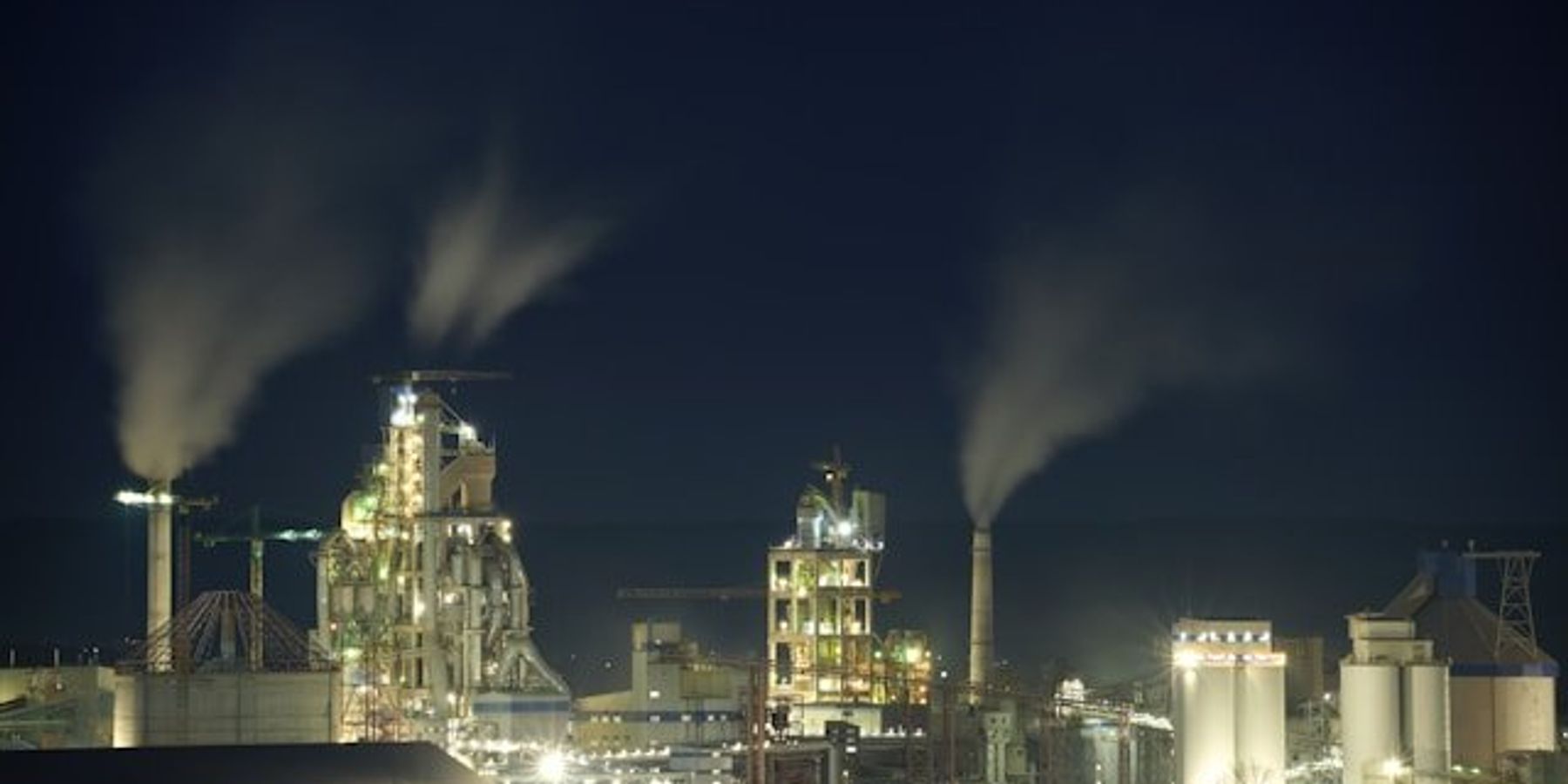
Community group presses Pennsylvania to post faster alerts on Shell plastics plant emissions in Beaver County
A Beaver County watchdog says Pennsylvania regulators are leaving residents in the dark by failing to quickly disclose six high-priority air violations recorded this year at Shell’s ethane-cracking plastics plant.
Peter Hall reports for Pennsylvania Capital-Star.
In short:
- The Shell Polymers facility in Potter Township, the state’s first ethane cracker, converts Marcellus Shale gas into polyethylene and has faced neighborhood criticism since it opened in 2022.
- Beaver County Marcellus Awareness Community counts nearly 50 notices of violation overall and six federal “high-priority” air infractions in 2025 — already exceeding last year’s total — yet Shell has not been fined since a May 2023 $5 million settlement.
- The group says Pennsylvania's Department of Environmental Protection posts violation documents too slowly and wants real-time alerts; the agency replies that it shares records as a courtesy and is not legally bound to faster disclosure.
Key quote:
“Shell violated air pollution laws in a way that the federal government itself considers a ‘high priority’ but no one prioritized informing our communities.”
— Hilary Starcher-O’Toole, executive director, Beaver County Marcellus Awareness Community
Why this matters:
Ethane crackers heat a stream of natural gas liquids until the molecules split, spitting out ethylene that is turned into the plastic pellets that feed countless consumer goods. The process vents nitrogen oxides, volatile organic compounds, and greenhouse gases, pollutants tied to asthma, heart disease, and climate change. Beaver County already sits in the Ohio River Valley’s industrial corridor, where air quality routinely hits federal limits. Without timely public warnings, residents may not close windows, bring children indoors, or track flare-induced spikes that can drift miles downwind. The dispute also foreshadows the potential impacts of dozens of cracker projects proposed along the Gulf Coast and Appalachia as the shale boom pivots from fuel to plastics.
Related:













